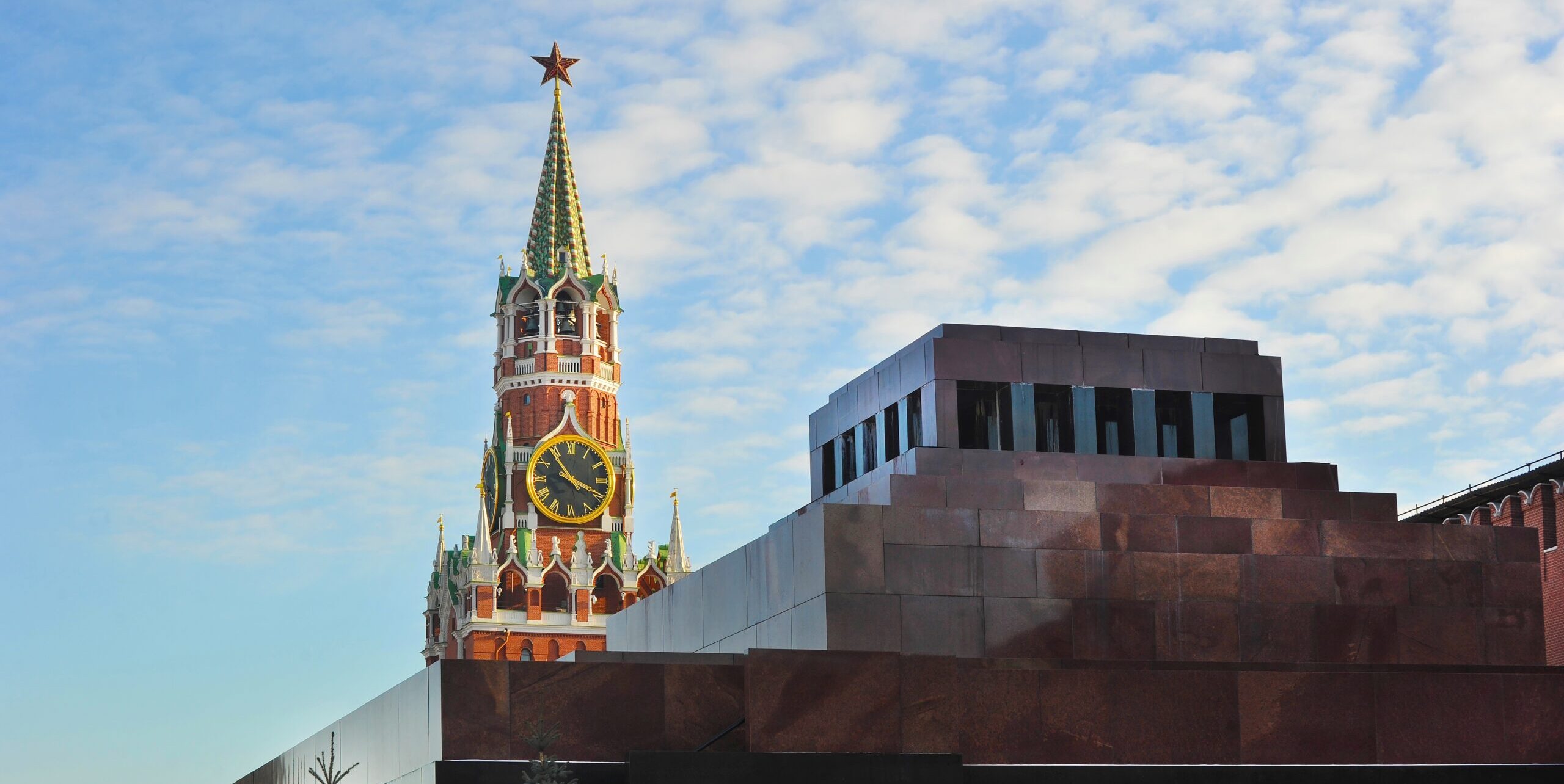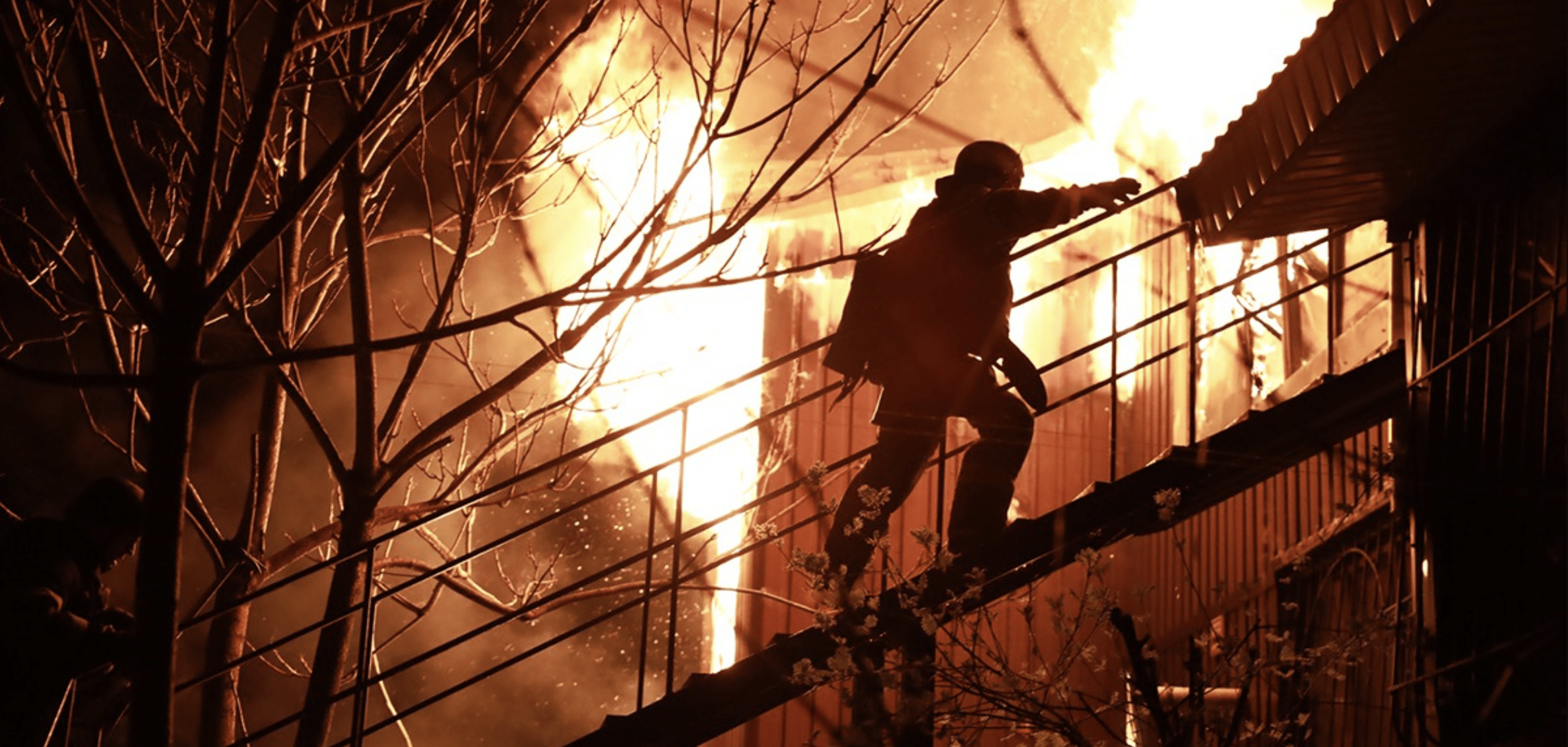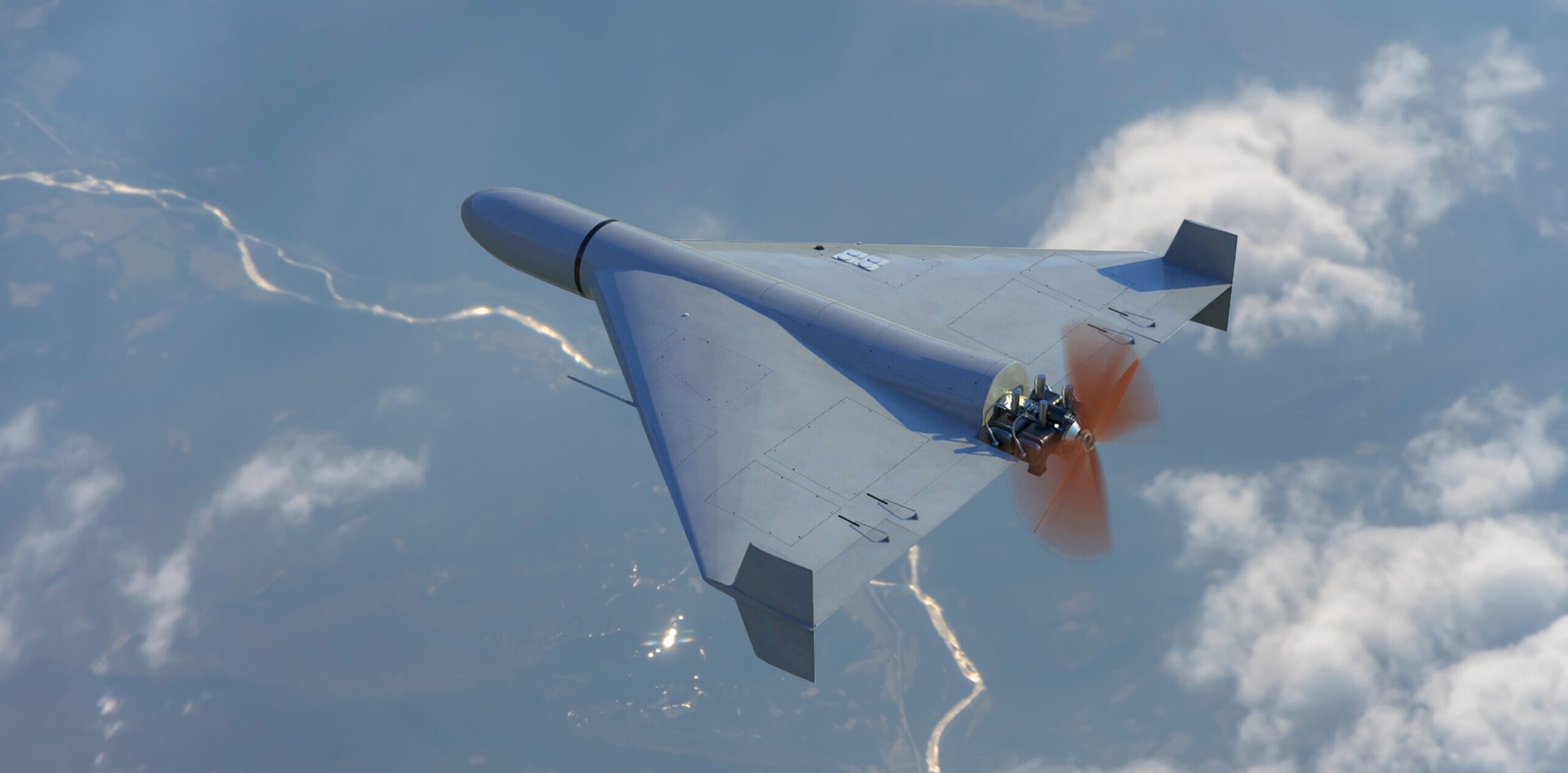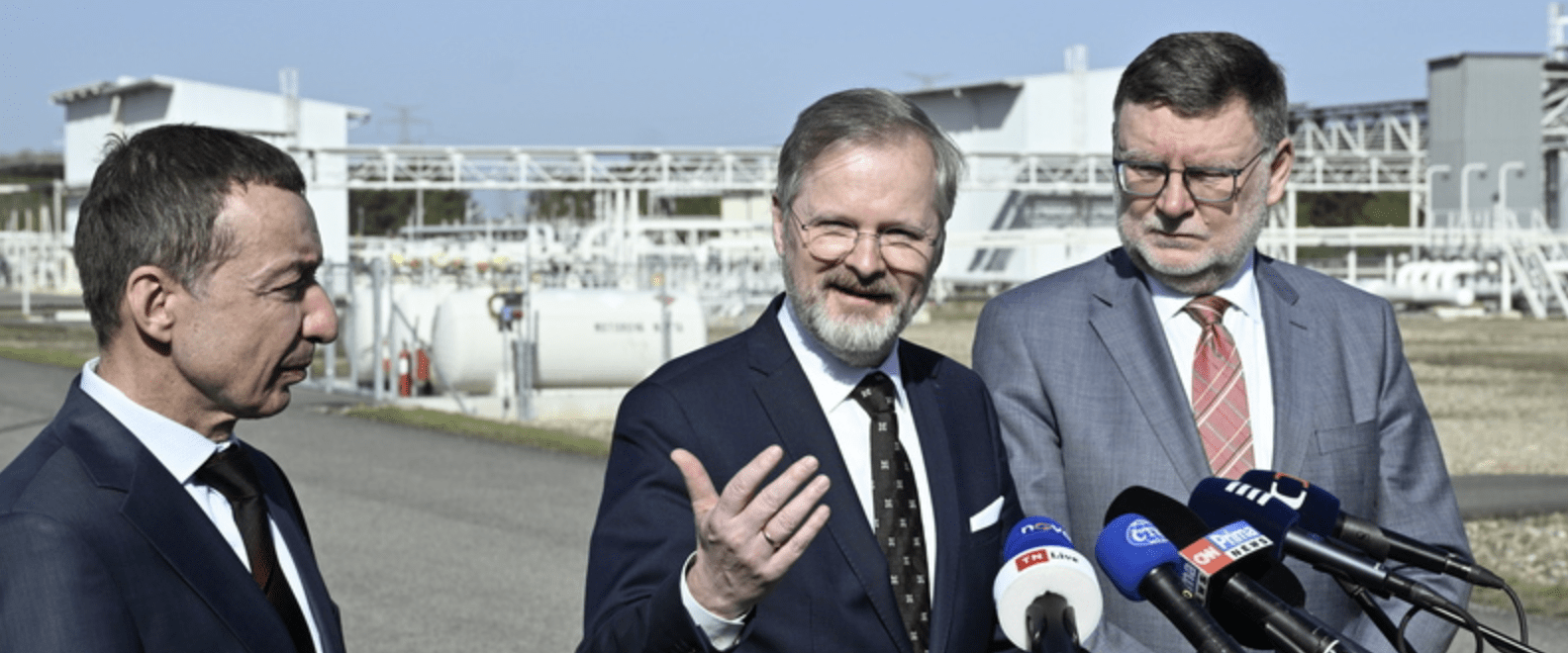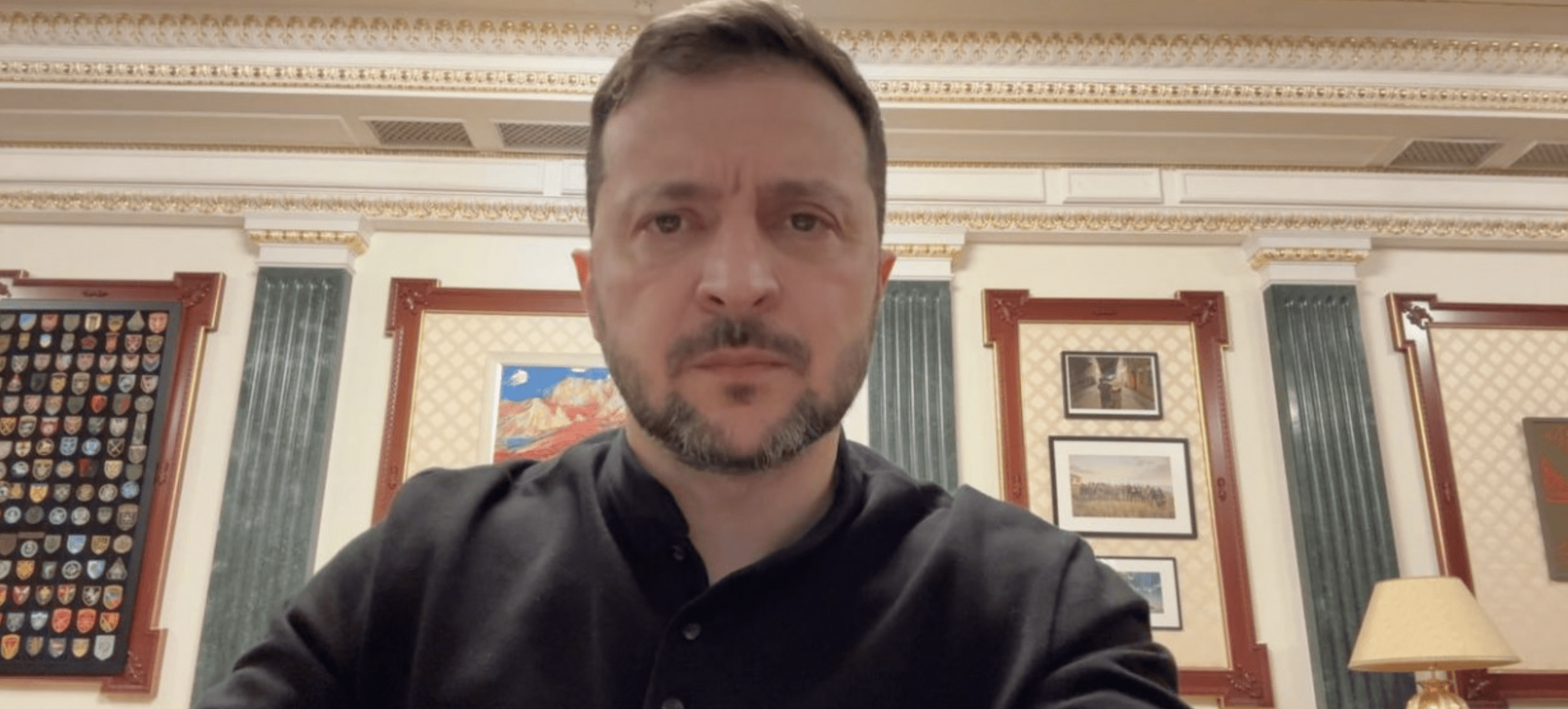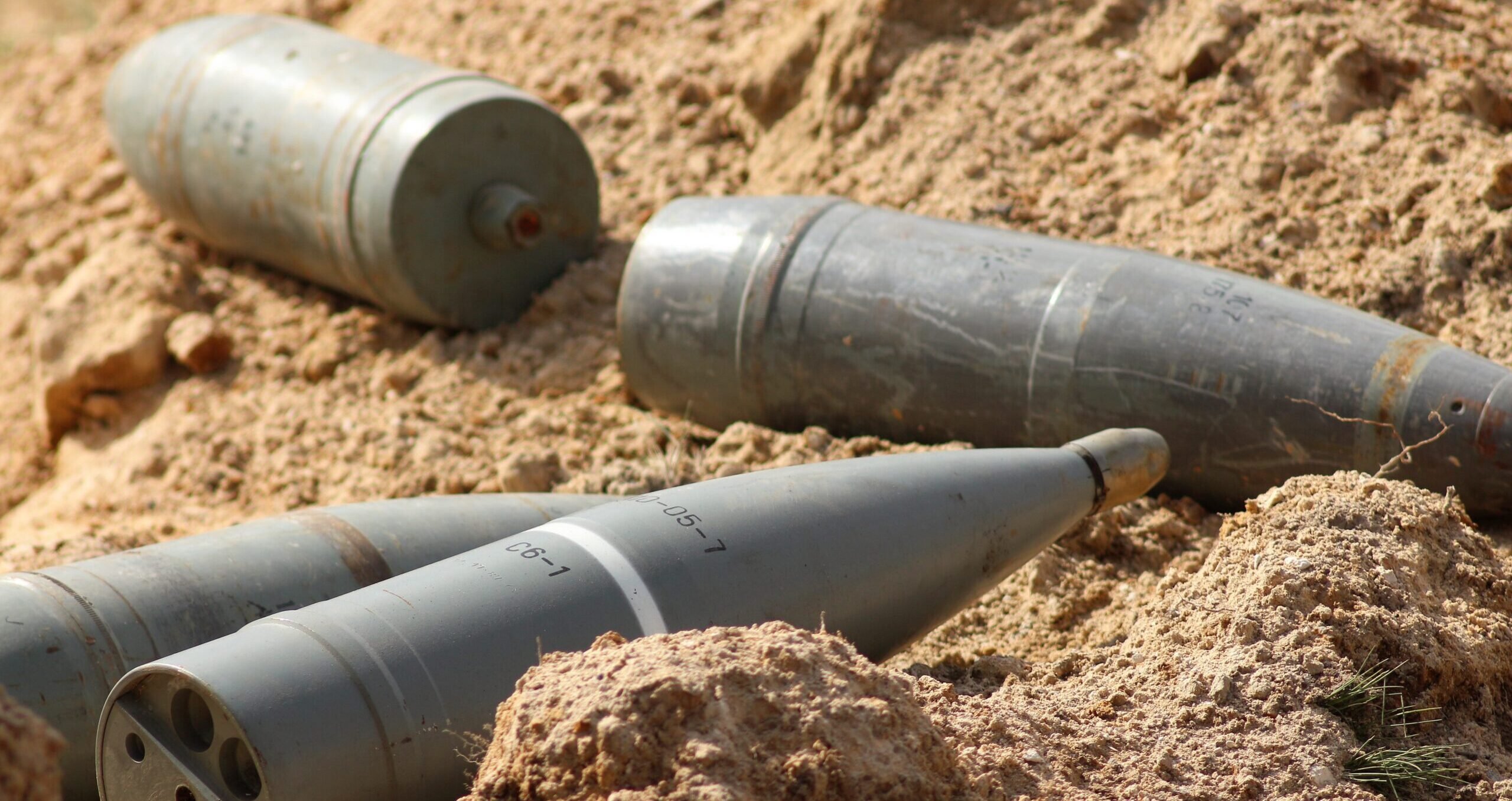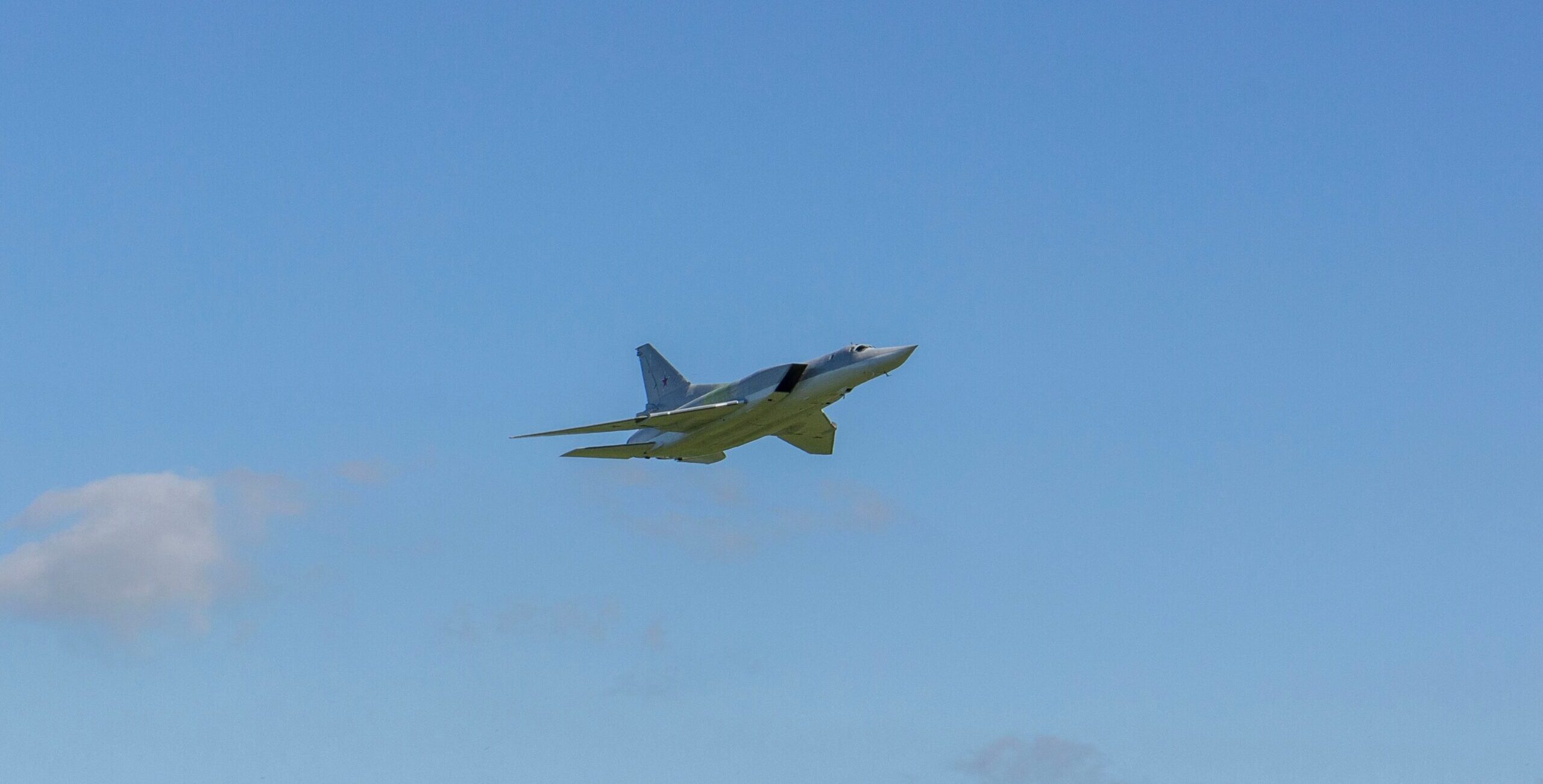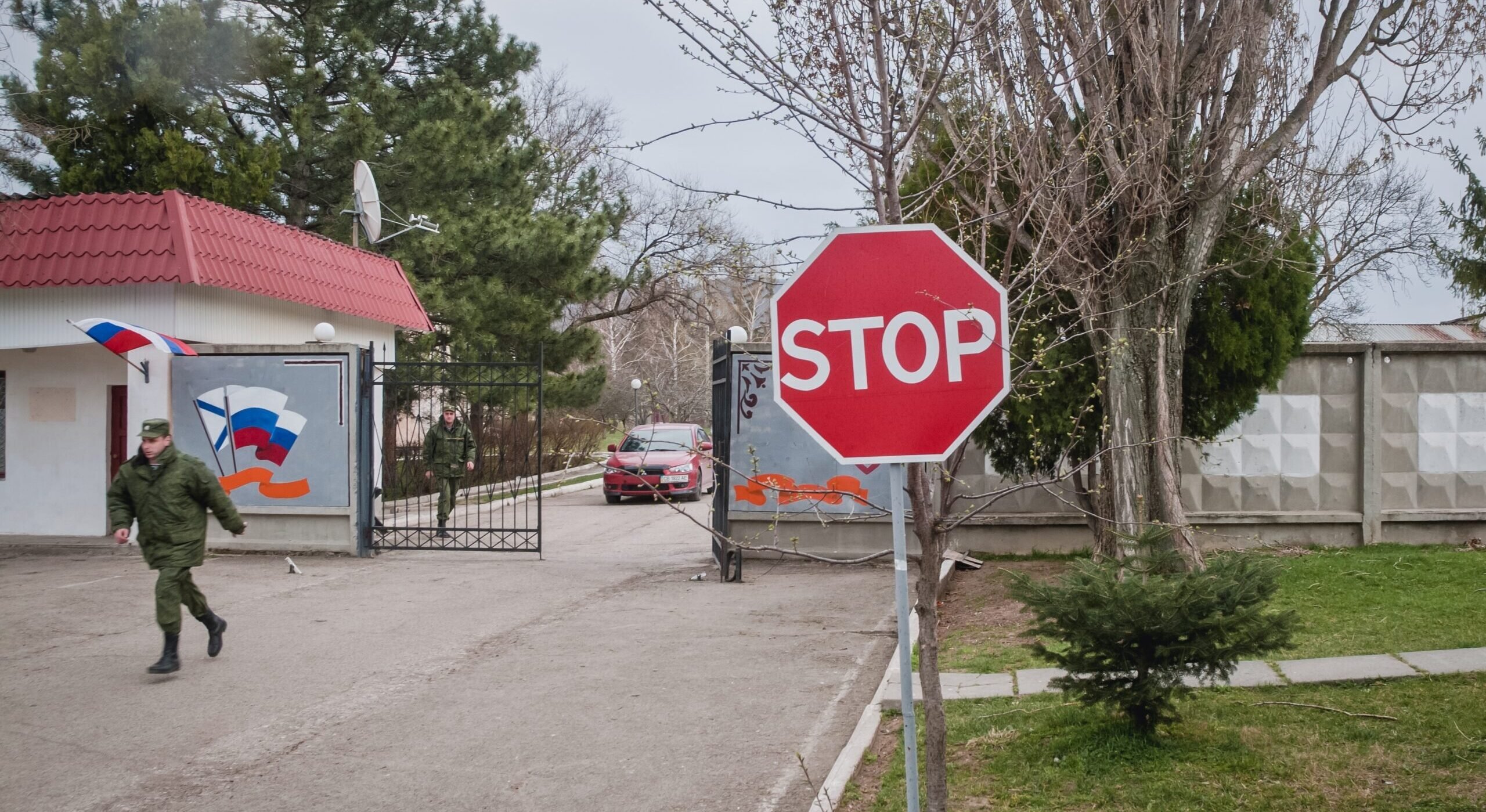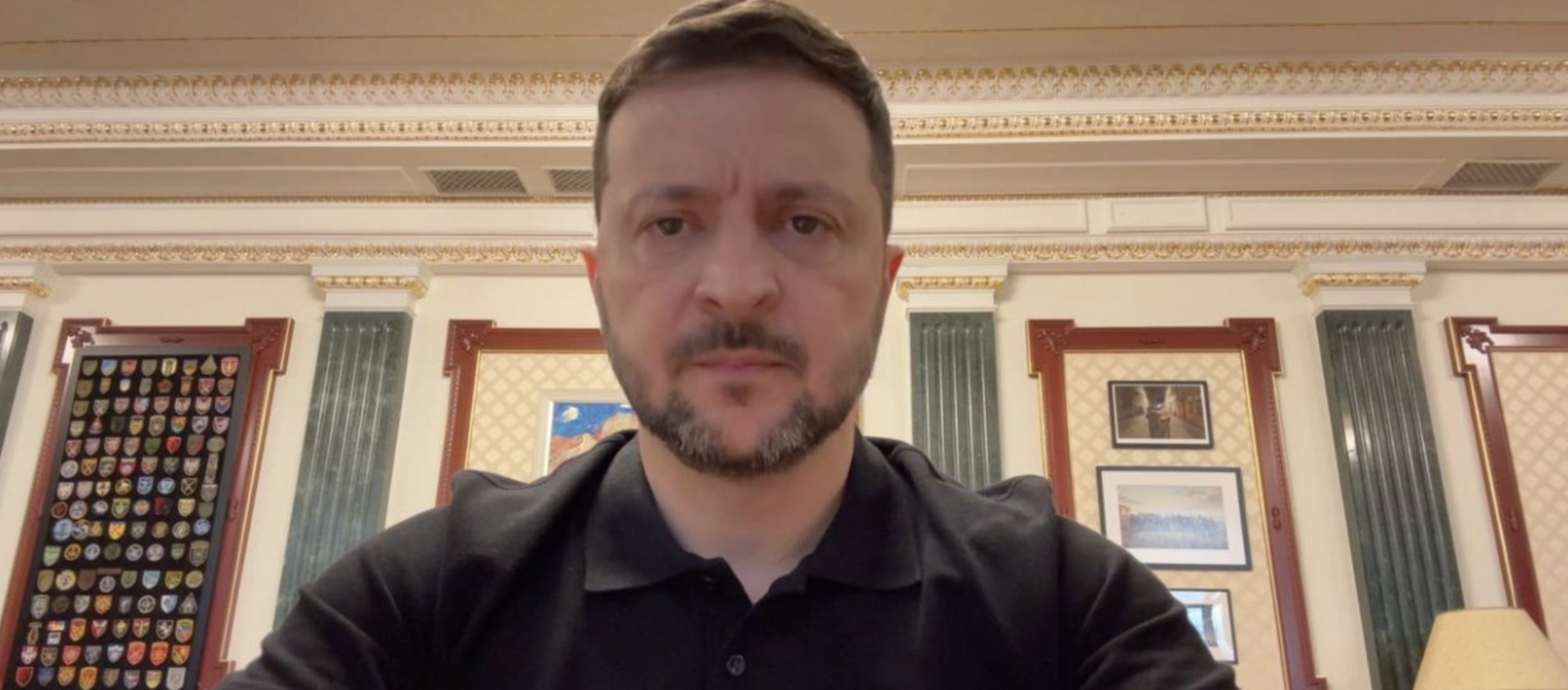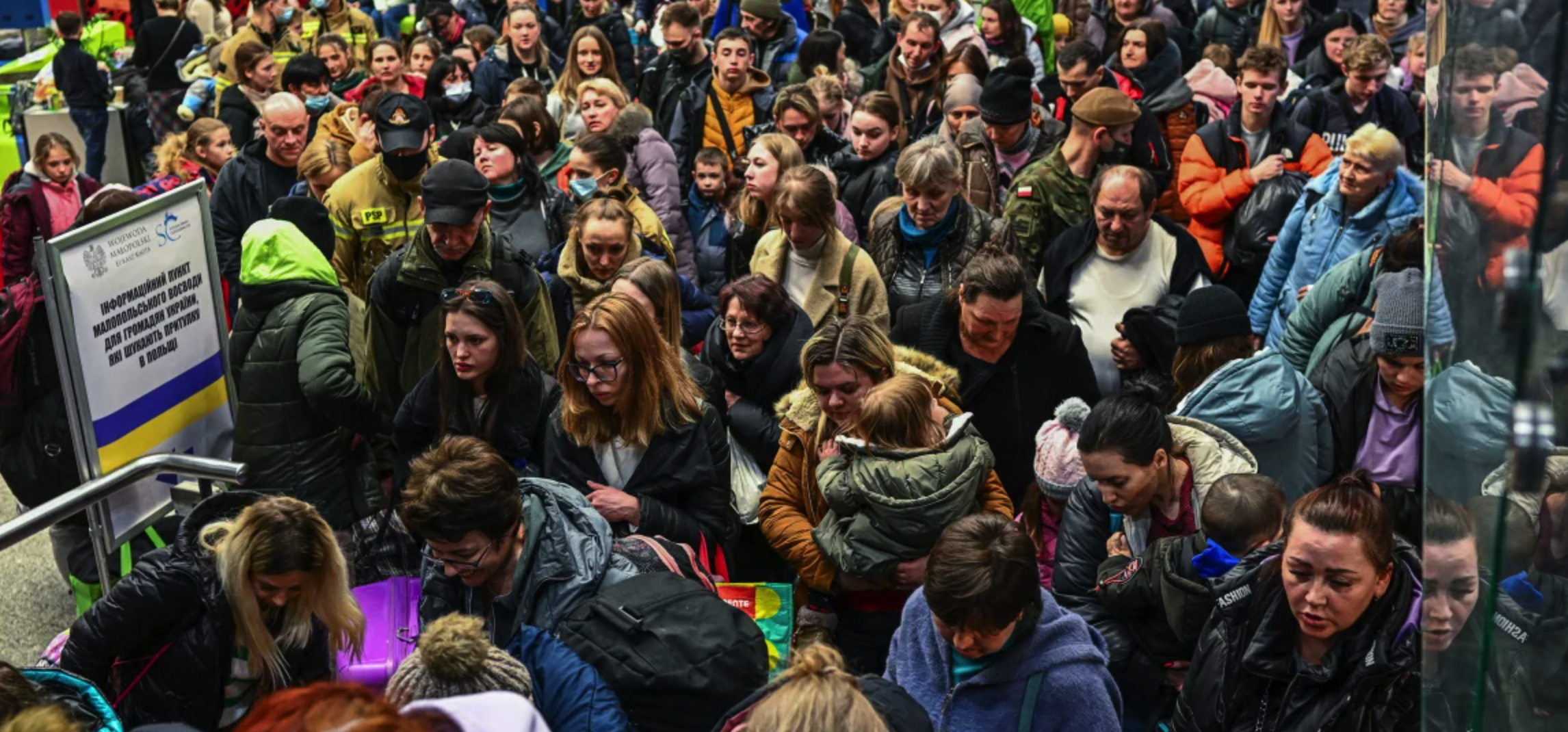
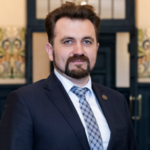
Andriy Oliynyk, President of the Kraków branch of the Association of Ukrainians in Poland (AUP)
A month before the large-scale war began, an emergency meeting was held in Kraków to address the situation. One of our key messages was the city’s need to prepare by involving firefighters, scouts, and Plast members and designating locations where refugees could stay. This preparation was crucial for efficiently redirecting and providing appropriate assistance to those in need.
We all understood that if not this morning, then the next, something serious would happen. So, what did we do? Thanks to the efforts of Secretary Marta Levasyuk-Oliynyk, we formed a group of the first volunteers and immediately sent them to the main bus station and the railway station in the city center, where many people needed help. The AUP coordinated this group of volunteers for three months. Additionally, our organization supported the UWC’s Unite With Ukraine initiative during the initial months, helping to coordinate efforts and instructing our colleagues on how to remove duties from aid and properly transfer it to Ukraine.
During the first three months of the full-scale invasion, Kraków hosted about 270,000 refugees, which represented 20% of the city’s population at the time, according to various expert estimates. Currently, around 120,000 refugees remain in Kraków. The city allocated 197.5 million złotys for refugee assistance. Approximately 1,268 overnight stay points were established, accommodating several dozen to several hundred people each. There are still 350 places available for overnight stays. Additionally, more than 8,500 families in the private sector opened their homes to refugees. The Polish government allocated 89 million złotys from the budget to reimburse these families for their assistance.
The number of volunteers in Kraków exceeded 4,500, comprising various volunteer organizations and individuals who continuously provided assistance. Many of these volunteers are still actively helping our citizens.
In the first three months, over 30,000 people found employment in Kraków, showcasing that even in such challenging times, Ukrainians largely sought ways to support themselves independently.
Over this period, more than 7,000 children were enrolled in schools, highlighting a very high demand for education. All children attend Polish schools, and Ukrainian language learning points have been established in some locations. However, in most schools, children do not have the opportunity to fully study in Ukrainian or learn Ukrainian history, leading to assimilation and a loss of connection with Ukraine. This issue is particularly pressing now, as Poland has enacted a law requiring families with children to attend day-form Polish schooling to receive assistance. This law effectively negates the possibility of remote learning in Ukrainian schools, as it is quite difficult to manage two schools simultaneously. With each passing year, it will become increasingly challenging for these children to maintain their Ukrainian education.
Currently, of the 120,000 Ukrainian citizens in Kraków, only about 5,000 need support. Regarding the Pension Fund, contributions are being made by over 32,000 citizens who are officially employed and paying taxes in Kraków, and about 18,000 businesses have been established. This demonstrates that Ukrainians are quickly adapting and finding opportunities to integrate into their new reality.
Considering the number of Ukrainian citizens, there is a pressing need for a Ukrainian House in Kraków. We aim to open a facility that will serve as the main integration hub, providing a space for people to access information, connect, represent their Ukrainian identity, and meet some of their cultural needs. This hub will also bridge Ukraine and Poland, allowing Poles to learn more about Ukrainian culture. This is particularly important as historical tensions resurface and are exploited by adversaries. Additionally, the facility can serve as a place for teaching the Ukrainian language to children by organizing coordination centers in Kraków that will oversee the development of Ukrainian schooling.
Considering the European Parliament elections, the primary concern lies within the Polish environment, where increasingly radical-conservative groups are gaining traction, potentially leading to tensions. Two factors influence this in Poland. Firstly, Russian propaganda exacerbates issues, as seen during the grain crop crisis, where accusations emerged about stolen Ukrainian grain and Russian or Ukrainian grain stolen by Russia entering Europe through the Belarusian border, causing negative repercussions.
Secondly, Poland has experienced a government change, with the previous opposition now positioning itself as a pan-European democratic force. Despite their statements of support for Ukraine, there is growing concern that Ukrainian affairs are gradually being sidelined. Additionally, Russian propaganda is infiltrating the media, and certain organizations in Poland are lobbying for hostility by focusing on historical differences.
As the Association, we engage with both the city mayor and the regional administration. There is a significant interest in Ukrainian culture, and Ukrainians who were forced to leave have demonstrated exceptional capabilities. Polish cities, such as Kraków and its surrounding areas, are eager to support Ukrainian businesses that are ready to enter the market. The city is prepared to create favorable conditions for these businesses to thrive and develop the local environment.
The AUP is working to unite business partners between Ukraine and Poland to build new bridges of cooperation. Our idea is that people get to know each other through action. When people interact and collaborate, unnecessary phobias disappear, leading to a better future. This approach helps avoid dwelling on historical grievances, which can hinder progress and provoke differences.
Cover: Omar Marques/Getty Images; Piotr Woinarowski
